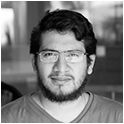Program
Discuss recent advances in creative video understanding, creation and editing. Some of the topics that we plan to discuss are:
Keynote Speakers
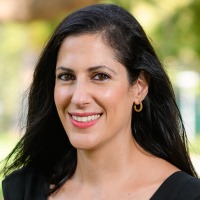

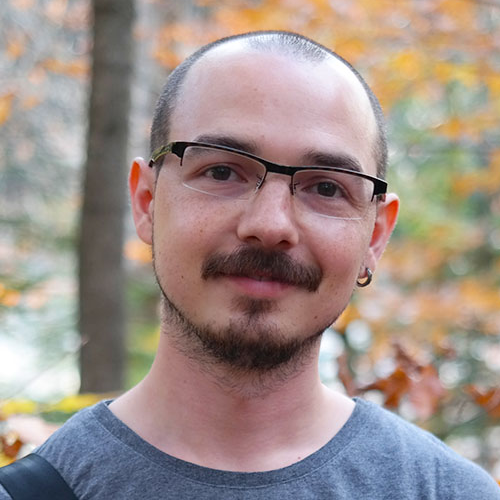

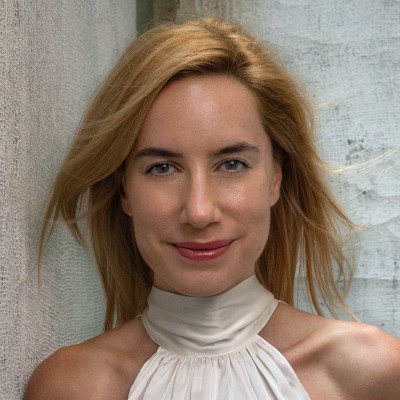
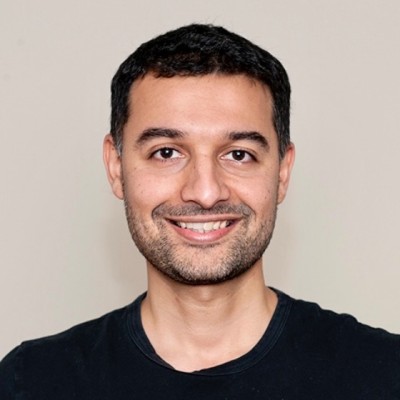
Special guests
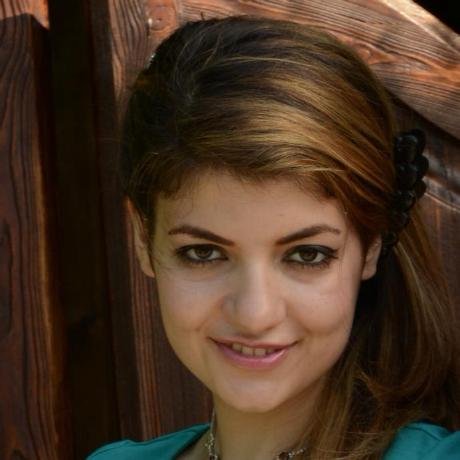
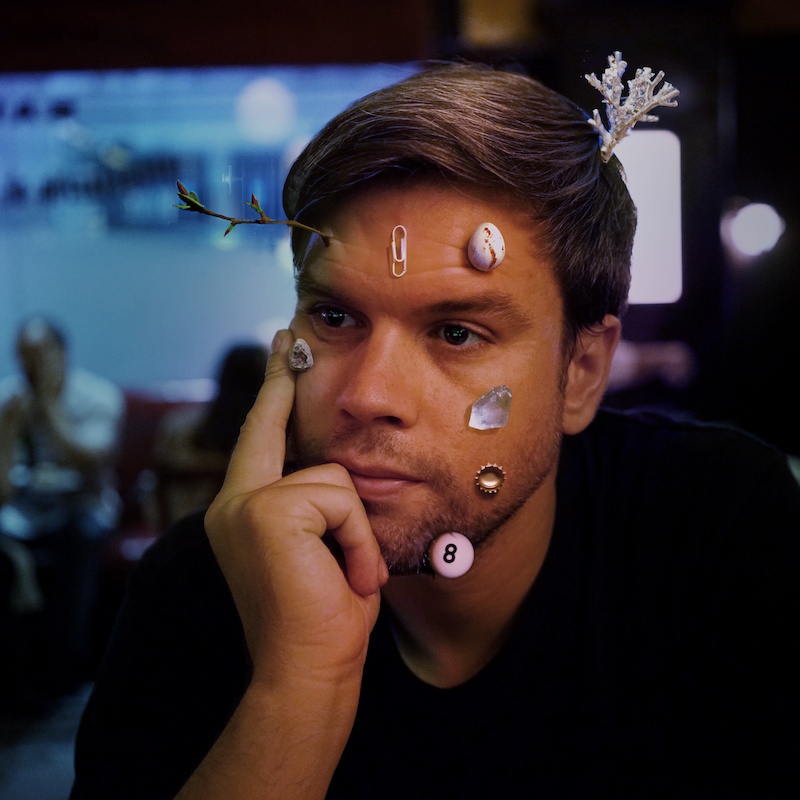
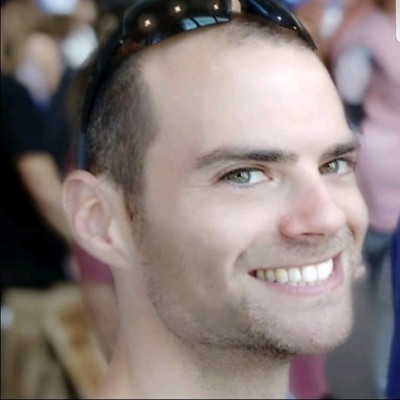

Detailed Program
| Schedule | Pacific Time 2022-10-16 08:00 AM |
|
|---|---|---|
| Introduction | 08:00 AM - 08:10 AM | - |
| Academia Keynote I by Tali Dekel
Layered Neural Atlases for Video Editing |
08:10 AM - 08:40 AM | - |
| Academia Keynote II by Mark Riedl
Computers, Creativity, and Lovelace |
08:40 AM - 09:10 AM | - |
| Industry Keynote I by Misha Tenenbaum
Reimagining Creative Video Editing Education |
09:10 AM - 09:40 AM | - |
| Industry Keynote II by Pinar Seyhan Demirda
Integration of Generative A.I. Models into Film Production |
09:40 AM - 10:10 AM | - |
| Roundtable I Connecting Academia and Industry
|
10:10 AM - 11:10 AM | - |
| Oral Paper Presentation
|
11:10 AM - 11:50 AM | - |
| Poster Q&A and Break
|
11:50 AM - 12:30 PM | - |
| Roundtable II Advanced Image Generation for Video and Art
|
12:30 PM - 01:30 PM | - |
| Academia Keynote III by Yagiz Aksoy
Interactive Depth Editing |
01:30 PM - 02:00 PM | - |
| Industry Keynote III by Raffay Hamid
Lights, Camera, AI! – How Prime Video is Inventing AI technologies to Re-define the Production and Consumption of Long-form Video Content |
02:00 PM - 02:30 PM | - |
| Closing Remarks | 02:30 PM - 02:40 PM | - |
Participants from






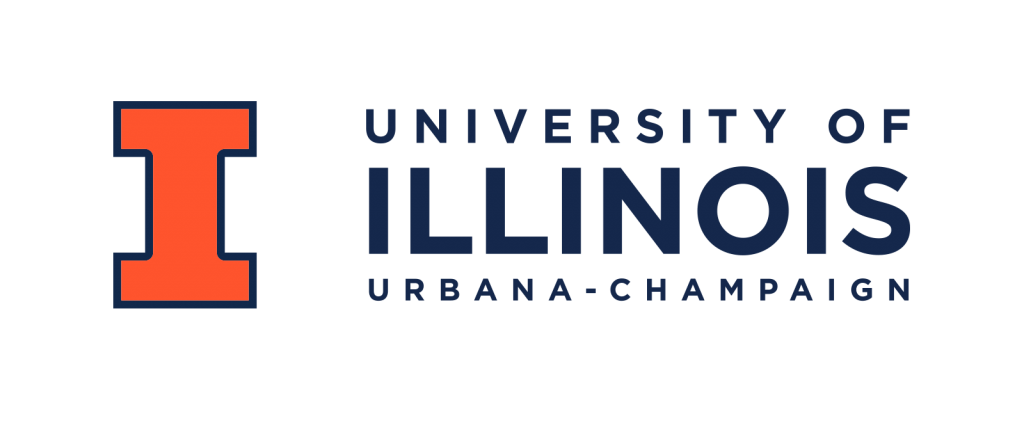
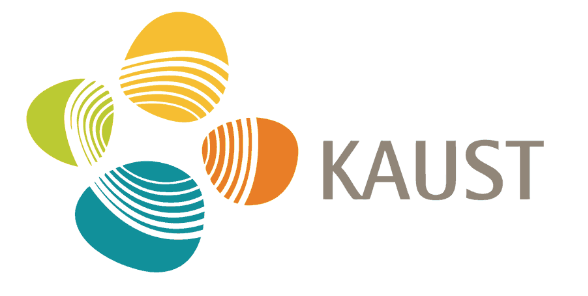
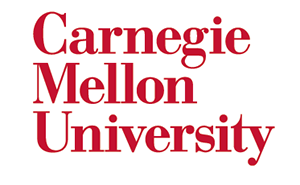

Papers Presentation
| In-proceeding Track | Resources |
|---|---|
| STC: Spatio-Temporal Contrastive Learning for Video Instance Segmentation | Paper Video |
| Mitigating Representation Bias in Action Recognition: Algorithms and Benchmarks | Paper Video |
| SegTAD: Precise Temporal Action Detection via Semantic Segmentation | Paper Video |
| Text-Driven Stylization of Video Objects | Paper
Video |
| MND: A New Dataset and Benchmark of Movie Scenes Classified by their Narrative Function | Paper
Video |
| Are all combinations equal? Combining textual and visual features with multiple space learning for text-based video retrieval | Paper Video |
| Scene-adaptive Temporal Stabilisation for Video Colourisation using Deep Video Priors | Paper Video |
| MOVIE LENS: Discovering and Characterizing Editing Patterns in the Analysis of Short Movie Sequences | Paper
Video |
| Extended Abstract Track | Resources |
| CoolGAN: GANs with Transformers Super-Resolving Images | Paper Video |
| Diffusion Models for Video Prediction and Infilling | Paper
Video |
| The Same Thing Only Different: Classification of Movies by their Story Types | Paper Video |
| Temporal and Contextual Transformer for Multi-Camera Editing of TV Shows | Paper
Video |
| Invited Paper Track | Resources |
| The Anatomy of Video Editing: A Dataset and Benchmark Suite for AI-Assisted Video Editing | Paper
Video |
| XMem: Long-Term Video Object Segmentation with an Atkinson-Shiffrin Memory Model | Paper Video |
| PrivHAR: Recognizing Human Actions From Privacy-preserving Lens | Paper Video |
| Beyond RGB: Scene-Property Synthesis with Neural Radiance Fields | Paper Video |
Sponsors

$1,000 USD for best paper awards!
